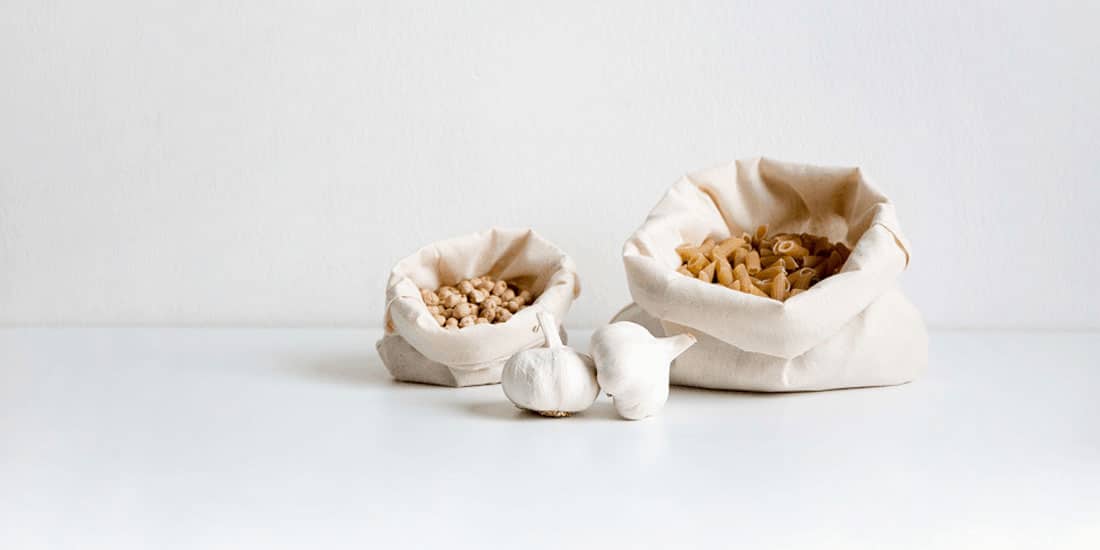India generates over 1.50 lakh metric tonnes of solid waste every day, resulting in mountains of garbage that are almost as tall as the Taj Mahal. Living a zero-waste lifestyle is one of the best ways individuals can reduce how much they contribute to the problem, as well as living more sustainably overall.
It’s important to remember that a zero-waste lifestyle is a journey and not about perfectionism. So don’t be put off by changes that feel too daunting to start with, and don’t worry if you make mistakes.

Start your journey with a subscription box
Unfortunately, consumerism has gotten its grasps on the zero-waste lifestyle in some areas, so think about what you actually need and what you won’t ever use. For example, if you never use straws, you don’t need to buy metal, reusable straws just because they’re a zero-waste alternative, as it effectively creates more waste than if you never use them. Subscription boxes are a great way to get started with your zero waste journey, as they can help you to discover new items and stock up on essentials, such as reusable coffee cups and water bottles. Ideally, look for a subscription box that uses minimal, recyclable packaging and comes from a company that shows that they care about their carbon footprint and sustainability in general.
Tackle waste one room at a time
A small bit of information about all the areas in your life that can be changed to zero waste alternatives can quickly make it feel like an overwhelming task. A good way to get started is by tackling it one room at a time. And remember, it’s a journey, so you don’t need to do everything all at once. The kitchen and bathroom are usually good places to start as they have lots of things that can be changed quite easily. For example, look into ditching single-use plastics in your bathroom by switching to shampoo and conditioner bars, solid soap and eco-friendly sponges, such as loofahs, which can be composted once you’re done with them.
Recycling has its place
Recycling isn’t the best option: reducing waste and using reusable items is better, but recycling does have its place in some cases, as it helps to avoid sending things to landfills that don’t need to be there. This usually includes things like batteries, water filters, toothpaste tubes, Tetrapaks, and polystyrene. Local shops may be able to reuse or recycle these items for you, and they can offer drop-off points for things like TerraCycle. It’s usually easier and more sustainable to collect several items and recycle them all at once to save you making lots of trips.
Living a zero-waste lifestyle will help to reduce the amount of garbage building up around the world, particularly in India. However, it’s important to remember that it’s a journey and it takes time to make lots of changes. So don’t be too hard on yourself if you make a mistake.

